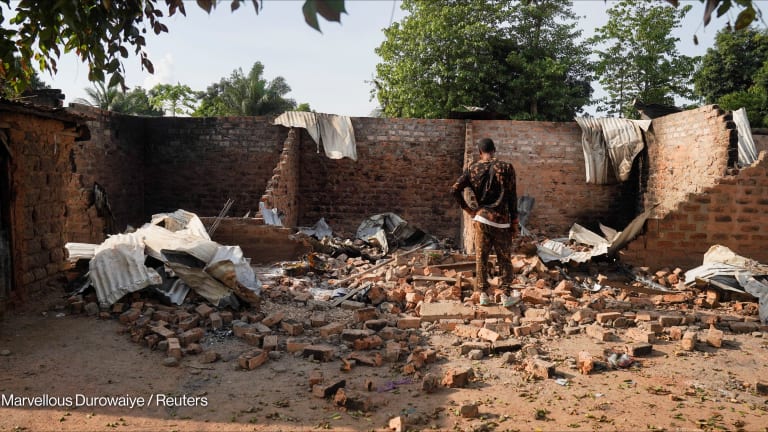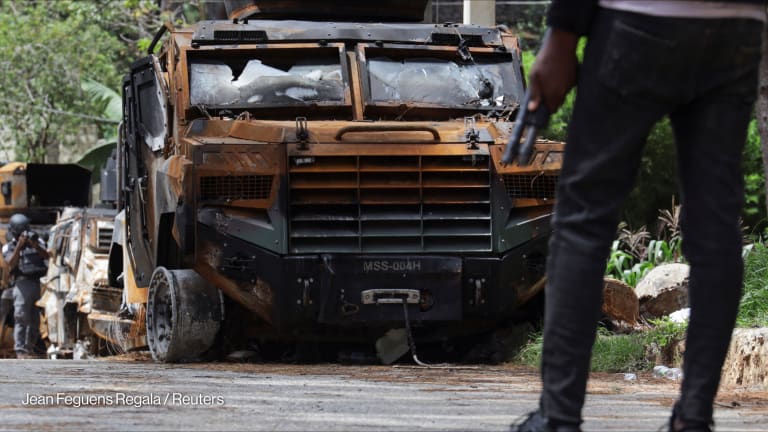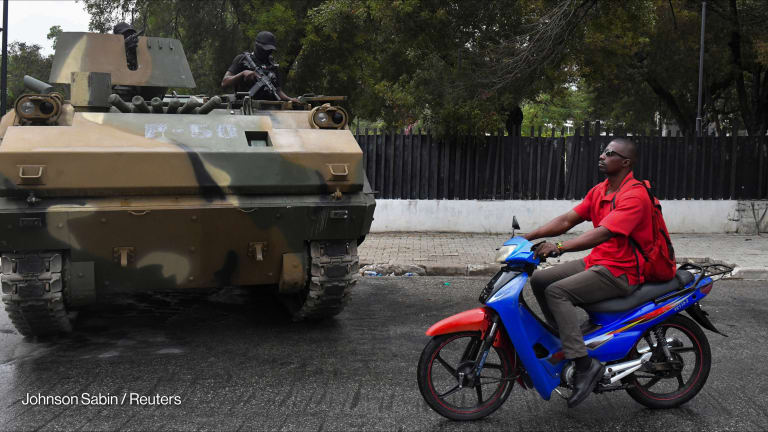
Will the international development community be looking at improved working conditions in the Democratic Republic of Congo soon?
The conflict-ridden country has seen its share of violence lately, especially in the east, prompting several aid groups to suspend operations or even flee. But now that rebel groups have initiated a ceasefire agreement with the government and the African Union considers backing U.N. peacekeeping efforts, those groups may be able to resume operations especially in the North Kivu province.
Then again, this is the DRC, where hard-fought gains in development, democracy and security have for years followed painful setbacks.
Rebel groups declared a unilateral ceasefire on Jan. 8 to make way for the upcoming second round of peace talks with the Congolese government. M23, a rebel military group operating mainly in North Kivu, has been urging DRC officials to sign onto the ceasefire, even calling for a U.N. envoy to help both parties come at an agreement.
The government, however, remains reluctant to this peace pact, questioning whether the rebels would indeed hold their end of the bargain. They may be leaning more on the African Union’s deployment of what it calls a neutral international force, a group of 4,000 peacekeepers that was discussed at a ministerial meeting held Jan. 8 at the union’s headquarters in Addis Ababa, Ethiopia.
That meeting, attended by several regional leaders, focused on the implementation of security arrangements in Eastern DRC which were put forward at a consultation held by the group last month. These arrangements include the merging of incoming neutral forces with U.N. peacekeepers, as well as the improvement of the Expanded Joint Verification Mechanism by a group of military officers tasked with resolving recurrent conflicts, which the European Union continues to support.
Will these ongoing efforts and negotiations improve security in the DRC - and how will they affect the aid community?
Read more development aid news online, and subscribe to The Development Newswire to receive top international development headlines from the world’s leading donors, news sources and opinion leaders — emailed to you FREE every business day.








